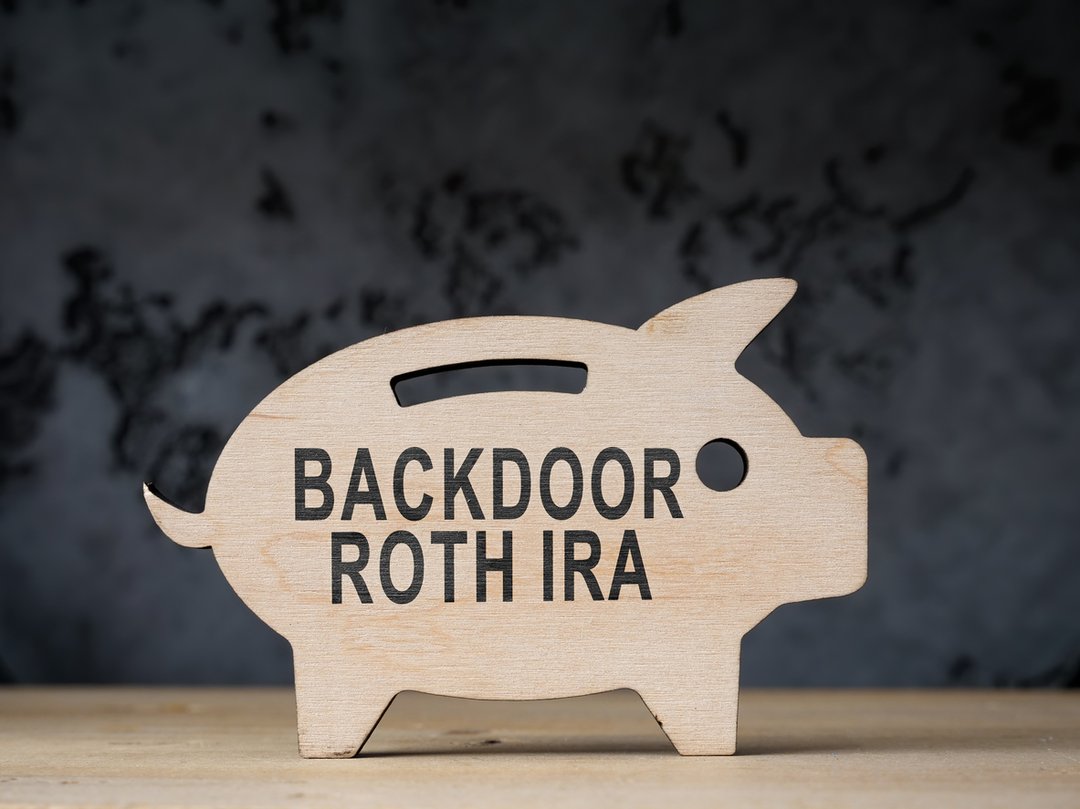
By Rick Nott
June 10, 2024
Preserving generational wealth can be a complex endeavor and a big reason is that the wealthy often have multiple income streams. On average, millionaires derive their income from an average of seven different sources, according to an IRS report. These sources can be investments, entrepreneurial pursuits, or real estate holdings.
A proactive stance on tax planning is essential for safeguarding wealth for future generations of this demographic. Fortunately, even with numerous unknown factors in play, there are opportunities for advisors to add value to their client relationships by deploying some frequently overlooked strategies that may have powerful tax benefits.

iStock-1366596206
Look into creating a "backdoor" Roth IRA. Wealthy and ultrawealthy investors can find themselves ineligible to directly contribute to
Roth IRAs due to income threshold limits that range from $146,000 to $161,000 for single filers and $230,000 to $240,000 for married couples in 2024. However, a backdoor avenue exists for these investors to capitalize on the Roth IRA's considerable tax advantages, such as by converting a 401(k) or a traditional IRA into a Roth.
Investors should consider the regular transfer of assets from a traditional IRA to a Roth to allow them to capitalize on the often underappreciatedbenefits of asset location, which is the strategic placement of investments in various tax buckets—pretax, taxable, and tax-free. For instance, if your investment policy calls for 60% stocks and 40% bonds, instead of having that exact allocation in each of your taxable, pretax, and tax-free accounts, reduce the allocation to bonds in pretax and tax-free accounts and increase bonds in taxable accounts. Then use municipal bonds, which can provide tax-free income.
Proper asset location can mitigate the tax drag associated with dividends, interest, and capital gains in taxable investment accounts. These conversions, inclusive of nondeductible IRA contributions, are not bound by income restrictions, presenting an opportunity for high-income individuals to leverage the tax-free compounding benefits of a Roth IRA.
But that's not the only benefit. After-tax dollars, if invested in a traditional IRA, continue to generate more tax liability in the form of capital gains. But, if placed in a Roth IRA, these dollars have the potential to grow tax-free for further long-term wealth accumulation.
Create a cash balance pension plan. A cash balance plan,which is a type of defined benefit pension plan, can function as an attractive retirement savings vehicle for high-income earners or small-business owners. The reason is simple: They permit higher contribution limits—often exceeding $250,000 per year—compared with traditional retirement plans like an IRA or 401(k).
Unlike traditional 401(k) plans, cash balance plans aren't restricted by a fixed contribution limit. Instead, the limits are determined by the expected benefit to be paid at retirement—hence the term "defined benefit." Plan contributions are actuarially calculated based on the promised pension benefits, the participant's age, and the plan's assumed rate of return.
An analysis must be done to evaluate the potential benefits of these plans as they must be highly customized for the participants and business. They enable flexibility in funding to manage year-over-year changes in cash flow and can be particularly advantageous for small-business owners, professionals like lawyers or doctors, and/or professionals with their own practice. The advantages of such plans are more acute for those approaching retirement because allowable pension contributions tend to increase with age and can be tax deductible.
Evaluate estate plans ahead of a potential 2026 tax increase. It is also wise to begin reviewing estate plans in anticipation of a potential tax hike coming down the pike in 2026. The2017 Tax Cuts and Jobs Act doubled the lifetime estate and gift tax exemption when enacted from just $5.49 million for individuals. Factoring in inflation, thecurrent 2024 exemption is $13.61 million for individuals and $27.22 million for married couples.
However, segments of the TCJA, including the lifetime estate and gift tax exemption, are slated to sunset at the end of 2025 unless Congress intervenes. The reversal would likely lead to an increased number of estates subject to the estate tax. Advanced estate planning strategies may be able to help utilize the exemption while it is still high. The wealth advisor, along with a tax and estate advisor, can help find the right balance between lifetime lifestyle needs and gifting strategies.
By guiding clients through these often overlooked but effective tax strategies, advisors show their value in protecting and growing generational wealth. Adopting a proactive and strategic approach is key to building lasting relationships with clients and their families and ensuring that wealth is preserved for future generations.
This Barron's article was legally licensed by AdvisorStream.
Copyright 2024 Dow Jones & Company, Inc. All Rights Reserved.



